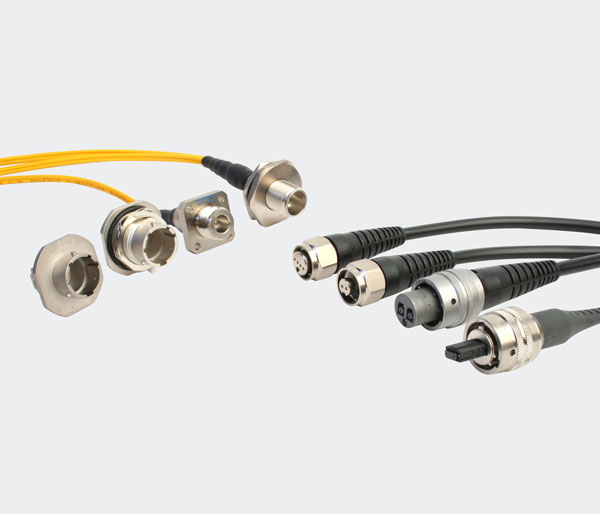Recently, relevant government agencies in the United States passed a $52 billion chip bill, and Biden declared, “This will be the largest subsidy bill he has personally signed”.
According to Taiwanese media reports, Sun Youwen, a retired former spokesman for TSMC, pointed out in an online forum that the expected subsidies of the US Chip Bill will not bring much change to the industry, it is better to invest in R&D or material innovation.
Although he emphasized that he has retired and does not represent the views of TSMC, his speech still has the shadow of TSMC. TSMC had previously invested and built factories in the United States for various reasons, but expressed dissatisfaction through various channels.
TSMC founder Zhang Zhongmou also criticized that the increase in domestic chip production in the United States is an expensive, wasteful and futile move. He believes that the U.S. chip manufacturing industry does not have the talent pool it needs to expand and succeed, and the manufacturing costs are too high.
Zhang Zhongmou also emphasized that the cost of manufacturing in the United States is prohibitive. TSMC’s 25 years of manufacturing experience at the Oregon plant, which is profitable, has all but given up on expansion. He said: “We were too naive at the time to compare costs, but the cost of manufacturing chips in the United States is 50% more expensive than in Taiwan.” Zhang Zhongmou left TSMC in 2018, and he said that it was not his decision to build a new factory in the United States.
Sun Youwen pointed out that 52 billion US dollars can not do much, but it is just a year of capital expenditure for a semiconductor manufacturing company. These subsidies are unrealistic and unwise, and spending huge sums of money for inefficient things is actually killing innovation in the semiconductor industry. Semiconductors are a flexible global division of labor. If the United States invests in R&D or innovation, it can make a greater contribution.




